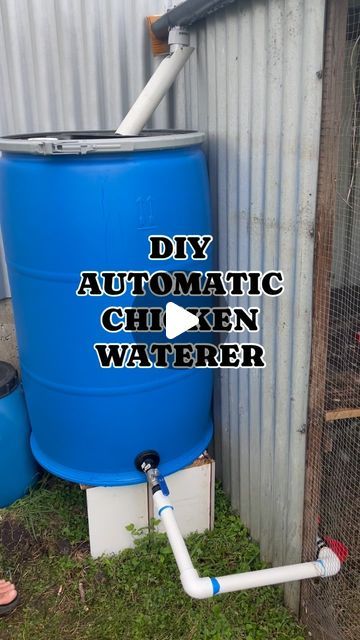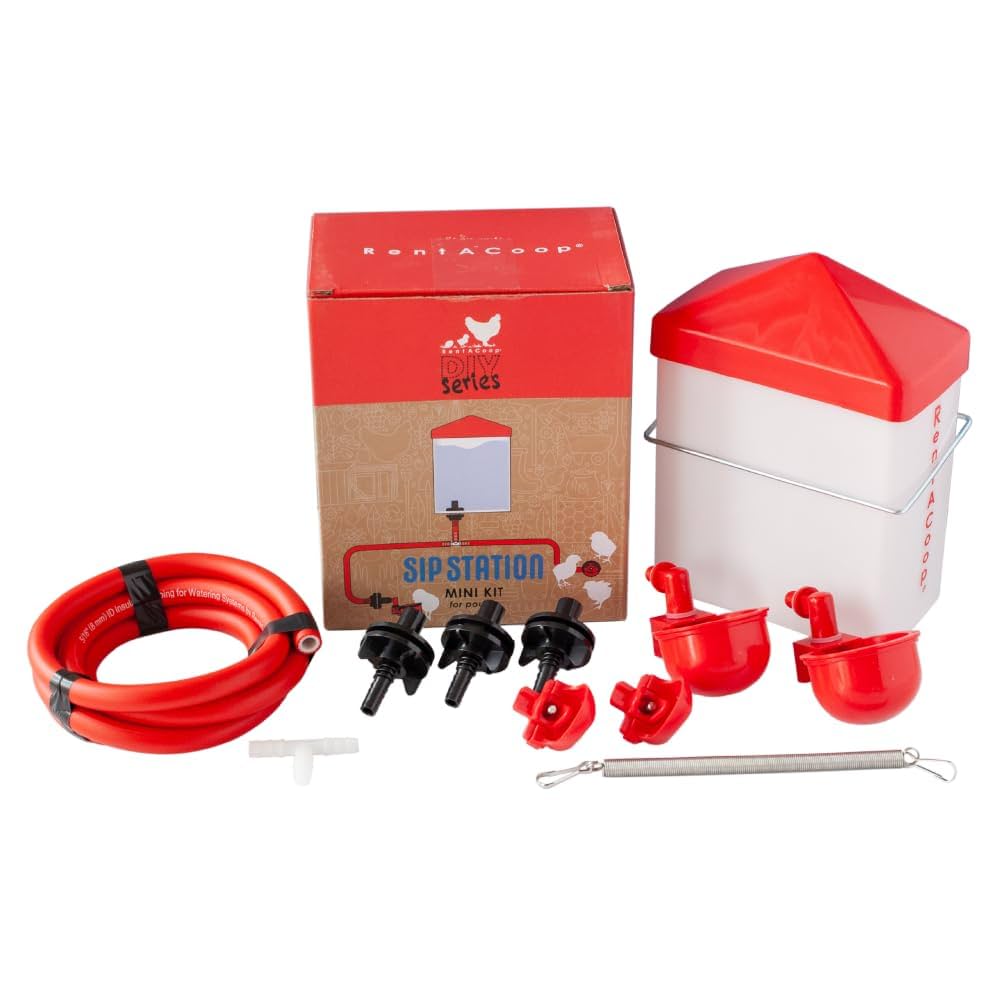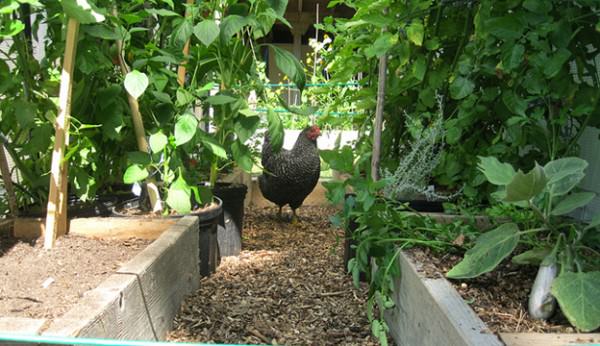
Repurposed Rainwater: 5 Unexpected Ways to Save Water (and Money!)
The sky opens, and the rain pours down. For many of us, that sound used to mean grabbing an umbrella and maybe complaining about the weather. But for homesteaders and those striving for a more self-sufficient life, the rain offers an incredible opportunity. While we often think of rainwater harvesting as a way to water our gardens – which, of course, is fantastic! – there are so many other clever ways to utilize this valuable resource.
In this post, we’ll delve into five unexpected and exciting ways to repurpose your harvested rainwater beyond the typical garden hose. Get ready to save money, reduce your environmental impact, and discover new levels of resourcefulness on your homestead! From enriching your compost to creating a chemical-free home, these tips will transform the way you see rainwater.

Composting & Worm Farms: Nourish Your Soil Naturally
Composting is the heart and soul of any thriving garden. But did you know that the type of water you use can significantly impact the quality of your compost? Rainwater is the ideal choice for keeping your compost pile or worm farm happy and healthy. Unlike tap water, which is often treated with chlorine and other additives designed to kill bacteria, rainwater is naturally pure and free of these substances.
These additives, while safe for drinking, can hinder the decomposition process in your compost pile by harming beneficial microorganisms. Rainwater, on the other hand, encourages a thriving ecosystem of bacteria, fungi, and other tiny organisms that break down organic matter into nutrient-rich compost. It also creates the perfect environment for worms in a worm farm, allowing them to flourish and produce valuable castings.
Tips for using rainwater in composting:
- Water your compost pile regularly with rainwater, especially during dry spells. Aim for a moisture level similar to a wrung-out sponge.
- Use a watering can or hose attached to your rainwater harvesting system to easily dampen compost materials.
- If your compost pile is too dry, add layers of soaked cardboard or newspaper, moistened with rainwater, to help retain moisture.
Using rainwater in your composting system not only creates richer, more nutrient-dense soil for your garden but also reduces your reliance on treated water sources. It's a win-win for your garden and the environment!

Natural Cleaning Solutions: A Chemical-Free Home
Imagine a home free from harsh chemicals, filled with the fresh scent of natural ingredients. Rainwater can help you achieve just that! Its naturally soft properties make it an excellent base for homemade cleaning solutions. The lack of minerals in rainwater prevents soap scum and mineral buildup, leading to sparkling clean surfaces without the need for harsh chemicals.
Simple recipes for rainwater-based cleaning solutions:
- All-Purpose Cleaner: Combine equal parts rainwater and white vinegar in a spray bottle. Add a few drops of your favorite essential oil (lemon, lavender, or tea tree are great choices) for a pleasant scent.
- Laundry Detergent: Mix rainwater with washing soda, borax, and grated castile soap for a gentle and effective laundry detergent. Research specific ratios online based on your desired concentration.
- Floor Cleaner: Dilute a small amount of castile soap in a bucket of rainwater for a simple and effective floor cleaner.
By using rainwater in your cleaning solutions, you're not only reducing your exposure to harmful chemicals but also saving money and creating a more sustainable home environment. It's a simple switch that can make a big difference for your health and the planet!

DIY Animal Waterers: Hydration for Your Livestock
Keeping your animals hydrated is crucial for their health and well-being. Harvested rainwater can be a fantastic source of fresh, clean water for your chickens, livestock, or even your beloved pets. By setting up a gravity-fed watering system, you can provide a consistent supply of water while reducing your workload and minimizing water waste.
DIY animal waterer ideas:
- Chicken Waterer: Connect a rainwater tank to a series of nipple drinkers or a trough using gravity. Ensure the tank is elevated to create sufficient water pressure.
- Livestock Waterer: Use a large, food-grade container to collect rainwater and connect it to an automatic waterer designed for livestock.
- Pet Water Bowl: Simply fill your pet's water bowl with harvested rainwater instead of tap water.
It's essential to use a filter on your rainwater harvesting system to remove any debris or contaminants before it reaches your animals. A simple screen filter at the inlet of your tank is a good starting point. Providing your animals with clean rainwater is a sustainable and caring way to support their health and happiness.

Tool Cleaning & Rust Prevention: Extend the Life of Your Equipment
Your garden tools are essential for maintaining your homestead, and keeping them clean and rust-free will significantly extend their lifespan. Rainwater can play a key role in this! Using rainwater to clean your tools after each use helps remove soil, sap, and other debris that can contribute to rust and corrosion.
Tips for cleaning and protecting your tools with rainwater:
- Rinse your tools with rainwater after each use to remove dirt and grime.
- Soak rusty tools in a bucket of rainwater to help loosen the corrosion before scrubbing them clean.
- Use a stiff brush and rainwater to scrub away any remaining rust or debris.
- After using harsh cleaning chemicals on your tools, rinse them with rainwater to neutralize any residues.
By incorporating rainwater into your tool cleaning routine, you can keep your tools in top condition, saving you money on replacements and repairs in the long run. Plus, you're avoiding the use of harsh chemicals that can harm the environment.
Decorative Water Features: Tranquility for Your Homestead
Imagine the gentle sound of flowing water, attracting birds and other wildlife to your homestead. Rainwater can be used to create beautiful and sustainable water features that enhance your landscape and provide a sense of tranquility. Ponds, fountains, and bird baths are all excellent options for repurposing harvested rainwater.
Ideas for rainwater-fed water features:
- Rainwater Pond: Create a small pond lined with clay or a pond liner and fill it with rainwater. Add aquatic plants and fish to create a thriving ecosystem.
- Rainwater Fountain: Design a simple fountain using a pump to circulate rainwater from a reservoir. The sound of the water will create a relaxing ambiance.
- Rainwater Bird Bath: Place a shallow dish or bird bath beneath a downspout to collect rainwater for the birds.
These water features not only add beauty to your landscape but also attract beneficial insects and wildlife, contributing to a healthier and more balanced ecosystem on your homestead.
Embrace the Ripple Effect
From nourishing your garden soil to creating a tranquil oasis, the possibilities for repurposing rainwater are endless. Every small choice makes a difference. If you haven’t already, take the first step. Set up a rain barrel, and start brainstorming new ways to capture and repurpose this free resource. As we head into fall, now is the perfect time to set up your rainwater harvesting system to capture those autumn rains! What are your favorite ways to conserve water on your homestead? Share your tips in the comments below!
